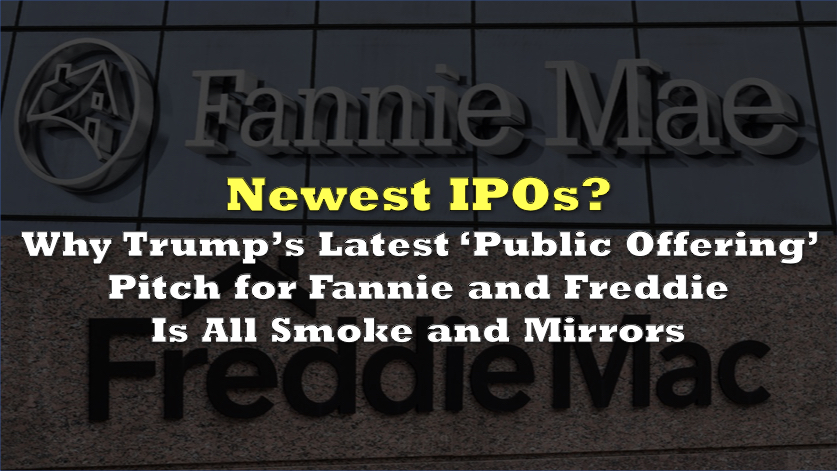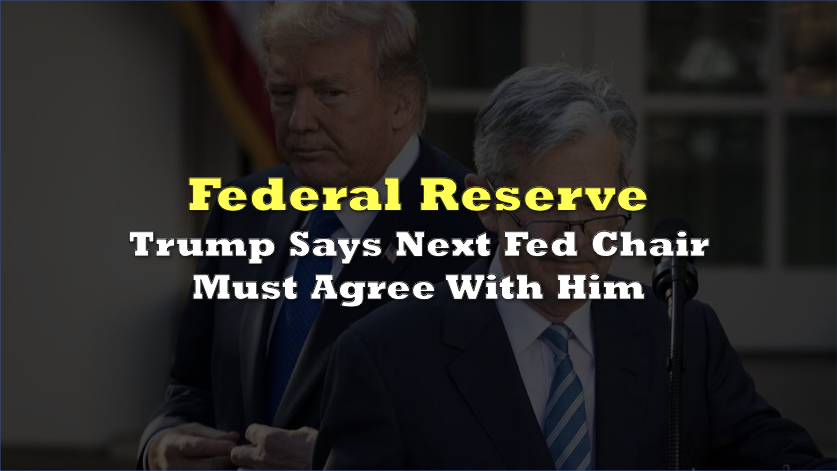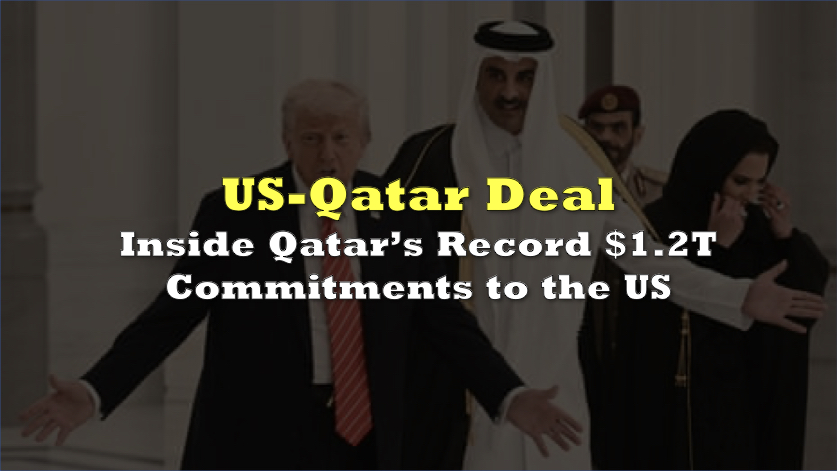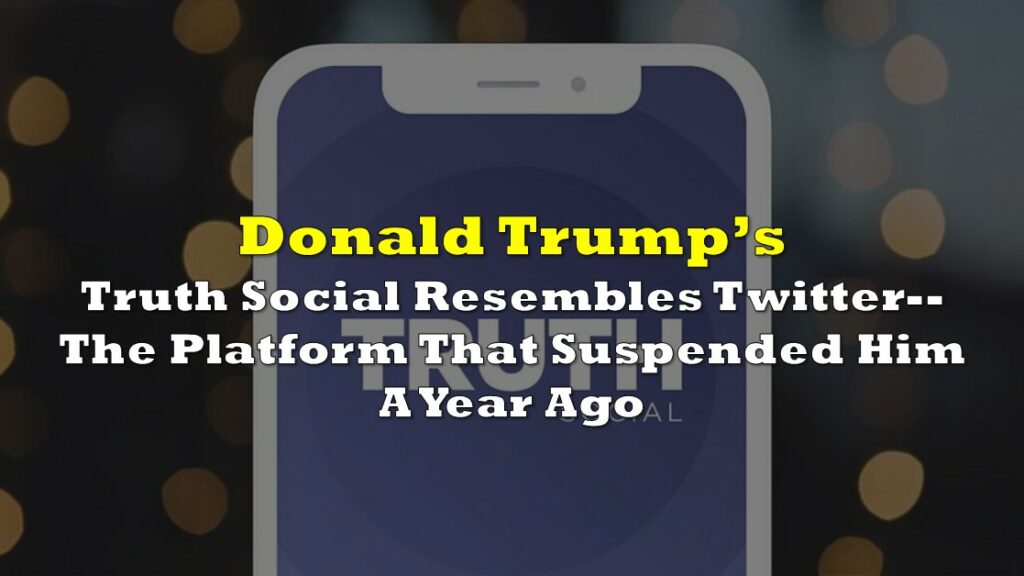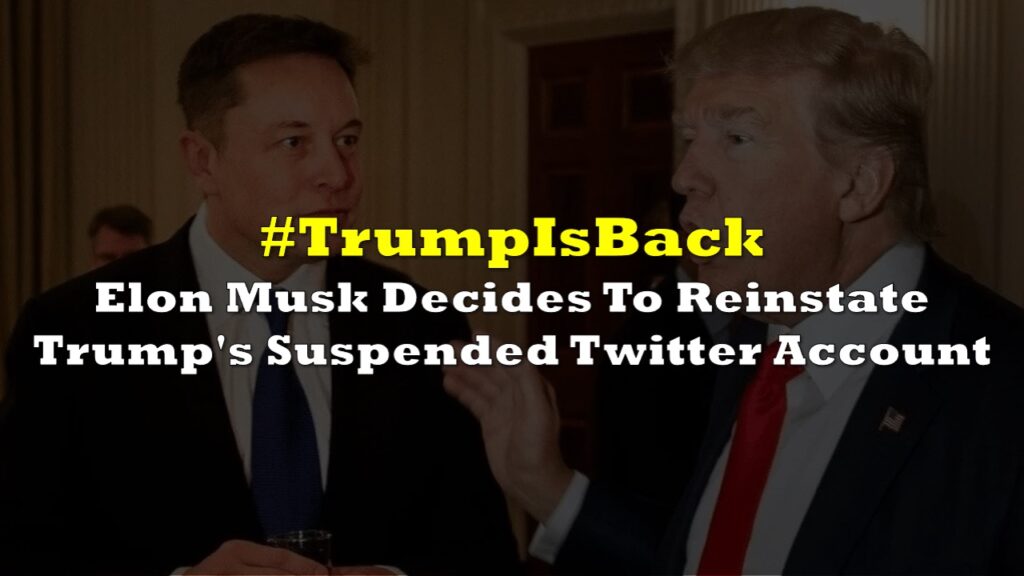President Donald Trump’s recent post proclaiming he’s “giving very serious consideration to bringing Fannie Mae and Freddie Mac public” conflates their modest over-the-counter listings with a full privatization push.
“Fannie Mae and Freddie Mac are doing very well, throwing off a lot of CASH, and the time would seem to be right,” he wrote, promising consultations with Treasury Secretary Scott Bessent, Commerce Secretary Howard Lutnick and FHFA Director William Pulte before deciding “in the near future.”
Yahtzee! So I was only 6 years too early…. pic.twitter.com/OovFk9FvXh
— Porter Collins (@Seawolfcap) May 21, 2025
In fact, both firms have been trading common shares on OTC Markets—Fannie Mae as FNMA and Freddie Mac as FMCC—since their NYSE delistings amid the 2008 crisis. Those penny-stock listings carry virtually no liquidity, attract scant institutional interest and confer none of the governance or capital-raising benefits of a true IPO.
What Trump is really proposing is dismantling a 17-year government conservatorship and relaunching both entities via an exchange offering—a legislative and regulatory ordeal that he has twice failed to achieve. Such an undertaking would demand new congressional statutes to terminate conservatorship, FHFA rulemakings to impose fresh capital and disclosure standards, and underwriters willing to price a government-backed mortgage guarantor as if it bore full credit risk.
In 2019, during Trump’s first term, the administration rolled out a housing-finance “blueprint” – including a Treasury white paper and presidential memoranda – that envisioned a dual‐track approach of administrative FHFA reforms and legislative action to end conservatorship and recapitalize Fannie Mae and Freddie Mac. But key elements never crossed the finish line: Congress declined to pass the necessary statutory changes; FHFA studies and proposed rulemakings dragged on without producing market‐ready capital standards; and no underwritten share offering was ever launched.
Moody’s Analytics chief economist Mark Zandi estimates that private investors would demand yields adding roughly $1,800 to $2,800 in annual interest costs for the typical borrower, exacerbating America’s housing affordability crisis.
Even Republican allies concede that any misstep risks destabilizing a market that underpins some 70% of US home loans.
Information for this briefing was found via CNN and the sources mentioned. The author has no securities or affiliations related to this organization. Not a recommendation to buy or sell. Always do additional research and consult a professional before purchasing a security. The author holds no licenses.

